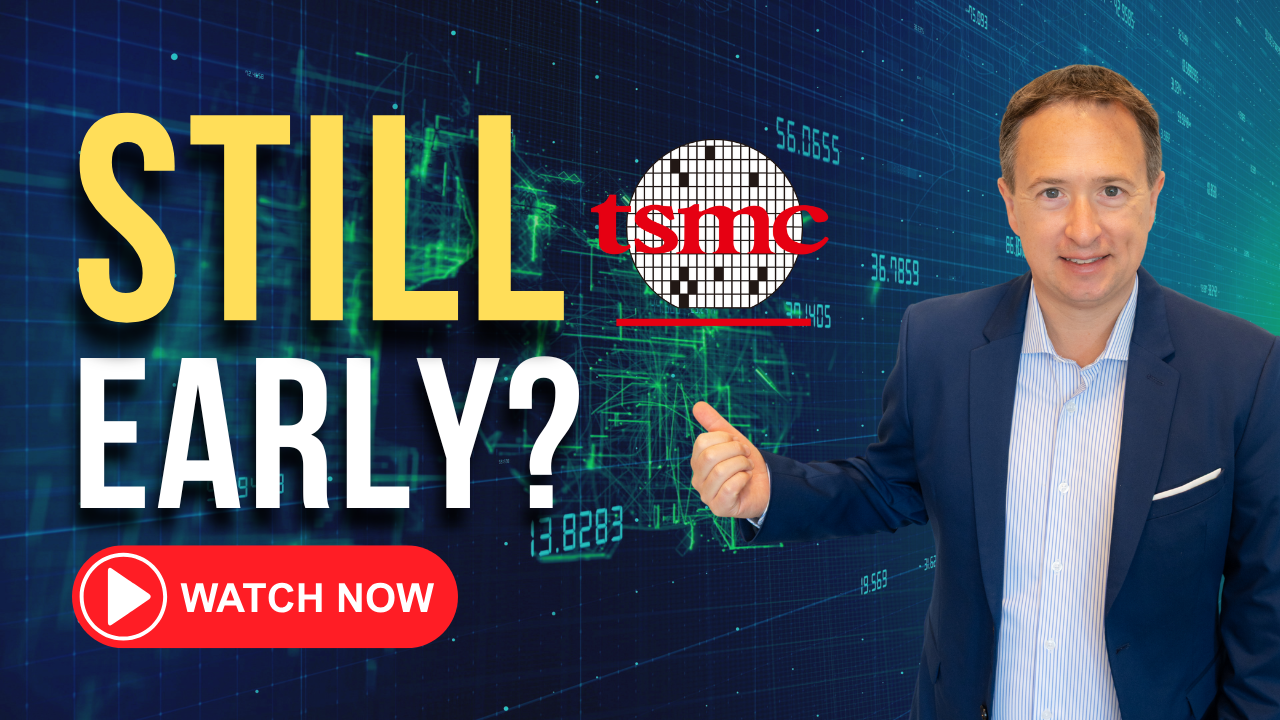Think about the number of people that have to clear a new project at a multi-billion dollar company -- lower level managers, company executives, the board members -- and it becomes much easier to understand why start-ups are often much more nimble.
In this segment from Industry Focus: Tech, Motley Fool analysts Dylan Lewis and Simon Erickson explain why smaller companies like Netflix (in its early days) and SolarCity are better able to innovate than their larger and more established peers.
And check out all five of Simon's principles, based on Clayton Christensen's The Innovator's Dilemma:
No. 2: Small Markets Don't Solve Growth Needs
No. 3: Markets That Don't Exist Can't Be Analyzed
No. 4: Capabilities Define Disabilities
No. 5: Technology Supply Versus Market Demand
A full transcript follows the video.
This podcast was recorded on Sep. 2, 2016.
Dylan Lewis: No. 4 on our five-point principle list here: Capabilities define disabilities. I think this plays into the idea of smaller companies maybe being able to be a little bit more nimble, and there being a certain stodginess with being a larger company, and being a little bit more fully formed.
Simon Erickson: Yeah, that's right. It's kind of an interesting way, how you can define culture in a bunch of different ways. But one way to possibly define culture is how decisions get made at a company. There are typically certain metrics that, in the boardroom of a business, managers and bigwigs of the companies are using to base whether a decision is good or bad. Does this bring in a certain amount of cash flow? Is this a good return on our investment today? Do we have customers lined up that are ready to do this kind of stuff?
That's interesting because those capabilities, how a business is making decisions, its culture, and how it's deciding on things, can actually handicap it in looking at all of the stuff we're talking about today. An example of this is the large regulated utilities. When utilities spend billions of dollars to build a new power plant, they mandate a certain return on equity and a return for their investors that they can pass along to shareholders. It's heavily regulated by the states. That's how business is done. These are huge decisions.
Then, you have this small, scrappy company called SolarCity.
Lewis: Oh, I think I've heard of them.
Erickson: Maybe a time or two before. One of my favorite companies -- apparently Tesla also likes them, they're trying to acquire them right now.
Lewis: Yeah, Elon Musk seems to really like them.
Erickson: That's right. They said, "It doesn't have to be this way. If you can figure out how much electricity one house needs, you can size a solar panel on the rooftop and have that produce all of the electricity you need for that one house. You can size those accordingly." And if people pay on a monthly basis for that power, you don't have to put up the $20,000 to $30,000 to build it yourself. Totally disruptive idea. Didn't have the same metrics they were using to make decisions, because they weren't building these giant power plants. A very disruptive company to the energy industry.
Lewis: Yeah, and that is a little bit of an inside example, one that maybe needed to know the industry a bit better, understand how it works, to fully grasp. I think, to go back to Netflix, they're another example of a company that, even by name, shows that they weren't limited to the business structure that they had when they first started.
I've heard David Gardner make this point before, and it's a very bright one -- they're called Netflix. They were not called MoviesByMailFlix. That would have been redundant. But, they weren't tethered to this idea of being a by-mail company. They were a digital company that pivoted when they saw the opportunity. And their name suggested that. So, that's tougher to recognize, but something to keep in mind. I don't know how many examples will show themselves like that. There are different ways that businesses indicate, I think, their flexibility and how nimble they are. Any indicator you can find there can be helpful in looking for some of these more disruptive companies.
Erickson: And David has many times called Reed Hastings the smartest guy in any room that he's in, which is a telling sign of exactly what you said, that he saw changes in the industry to take advantage of.




